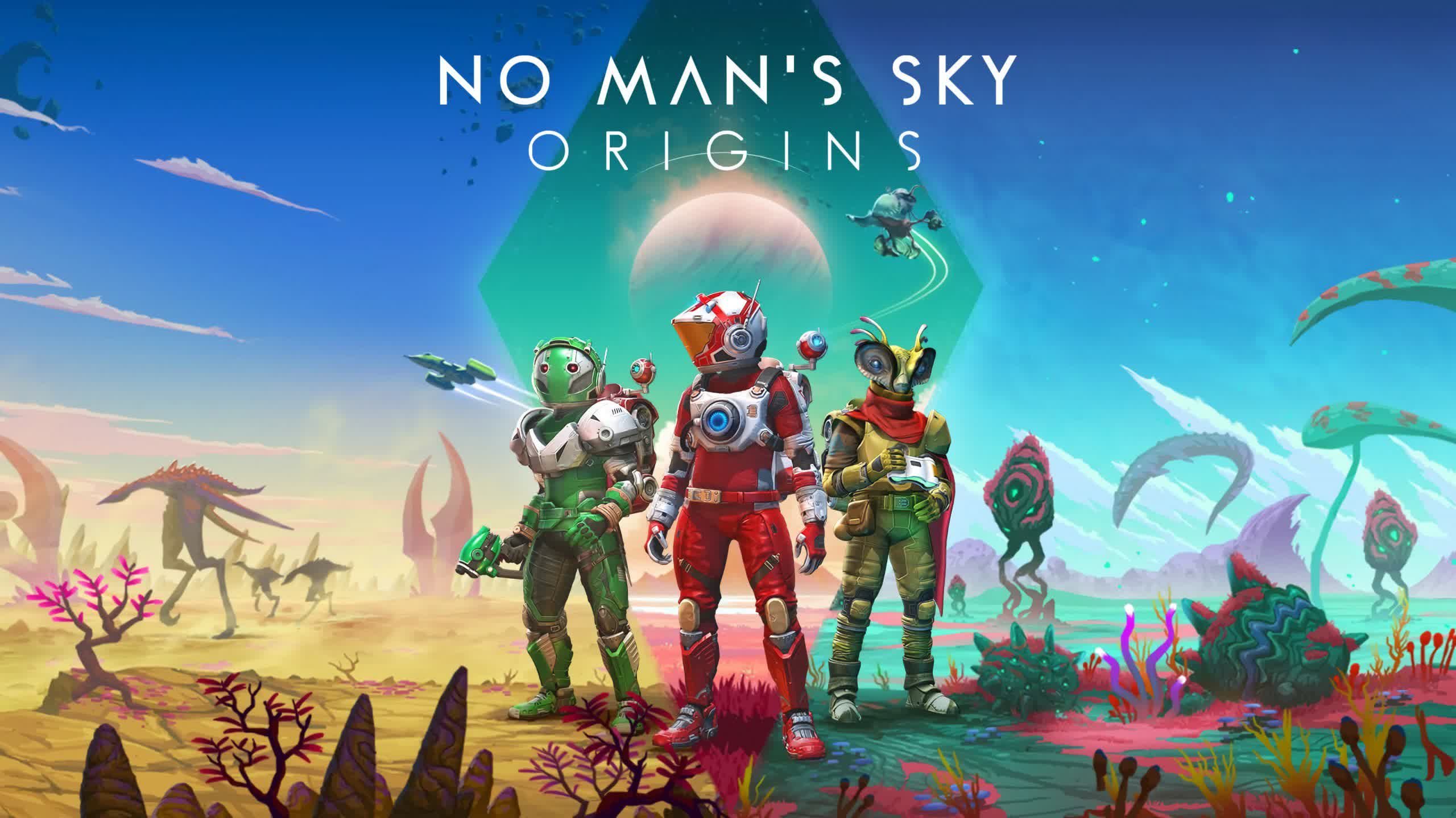Why it matters: While Hello Games may have fumbled No Man's Sky's launch four years ago, it has since put forth a monumental effort to bounce back and has delivered no less than 12 major content updates over three iteration milestones. Version 3.0 "Origins" refreshes the planets with new life, weather, terrain, and much more.
Last week, Hello Games founder and frontman Sean Murray announced the next major installment for No Man's Sky. Fan's held their expectations in check since Murray's blog post implied the update was not going to be huge, but more of a bulding block for things to come.
"Four years ago we announced Foundation, our first major update for No Man's Sky, we promised 'It won't be our largest update, but it is the start of something,'" the announcement read, adding, "Those words were true at the time, and they ring true for Origins. We called it Origins because it is the beginning of something new, as No Man's Sky continues to grow and evolve."
Origins dropped today, and it's bigger than most expected---definitely worthy of its Version 3.0 milestone number.
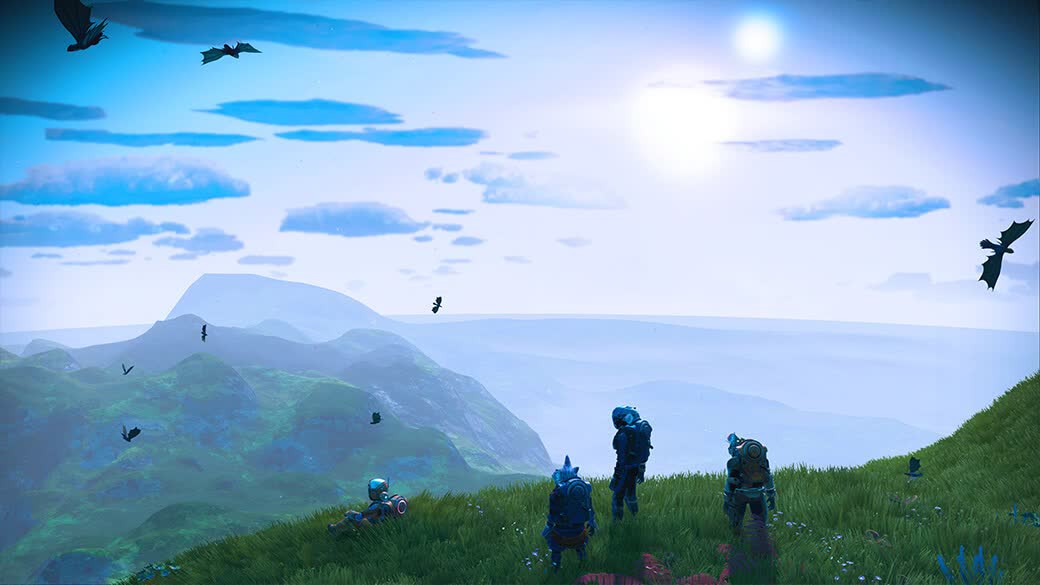
Planets are much more varied with new biomes, including new terrain, creatures, weather conditions, monumental buildings towering over the horizon, and even volcanoes. In an interview with IGN, Murray said they were adding "billions" of new planets to the already staggering 18 quintillion existing worlds. The patch notes say "millions," but regardless, there are more planets to explore overall.
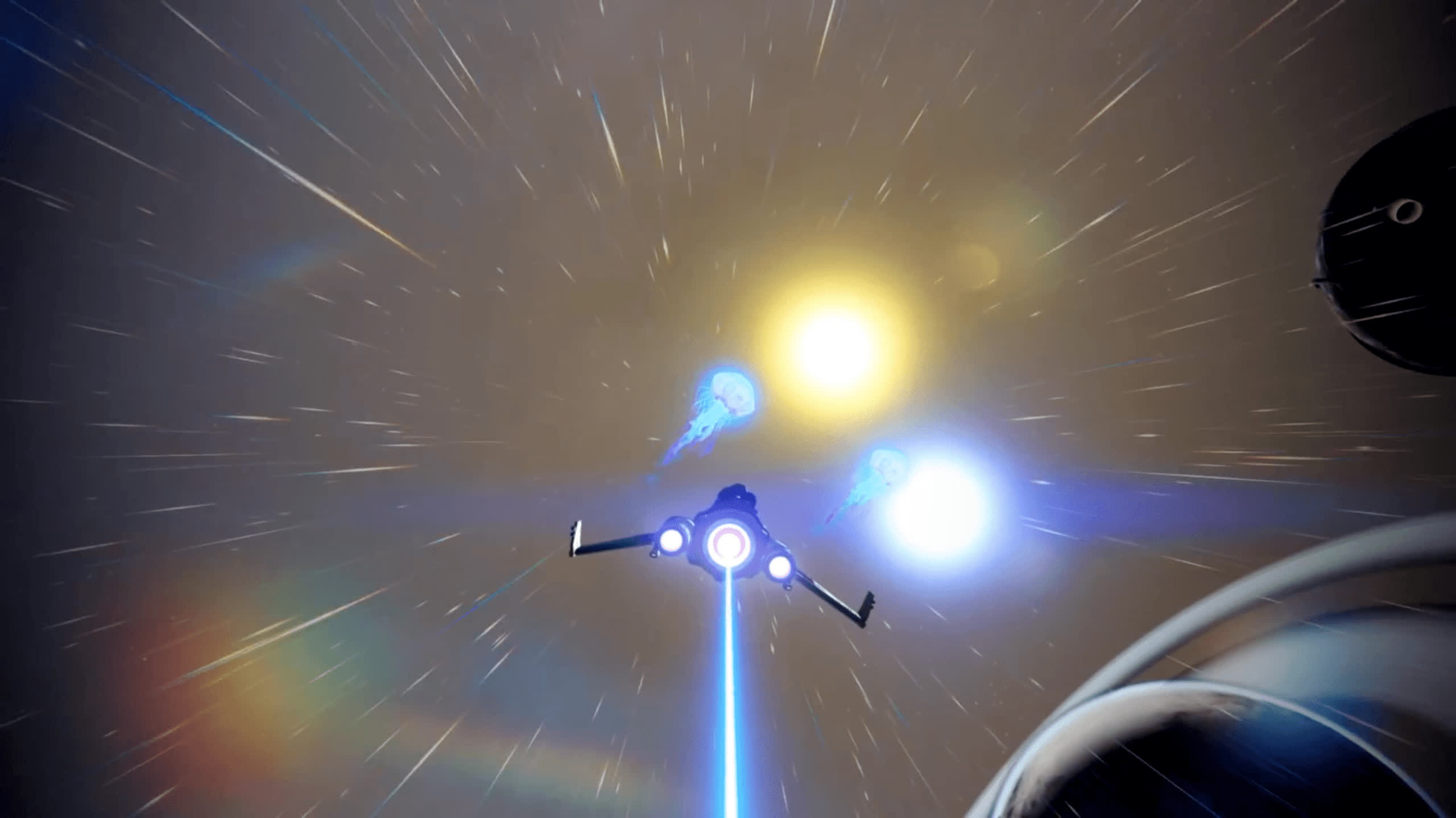
Although it is not explicitly stated, many or most of these planets are likely in entirely new star systems. This assumption is supported by the fact that binary and ternary stars have been added to the game. These systems are described as "rare," so it should be fun and exciting for players to stumble across them.
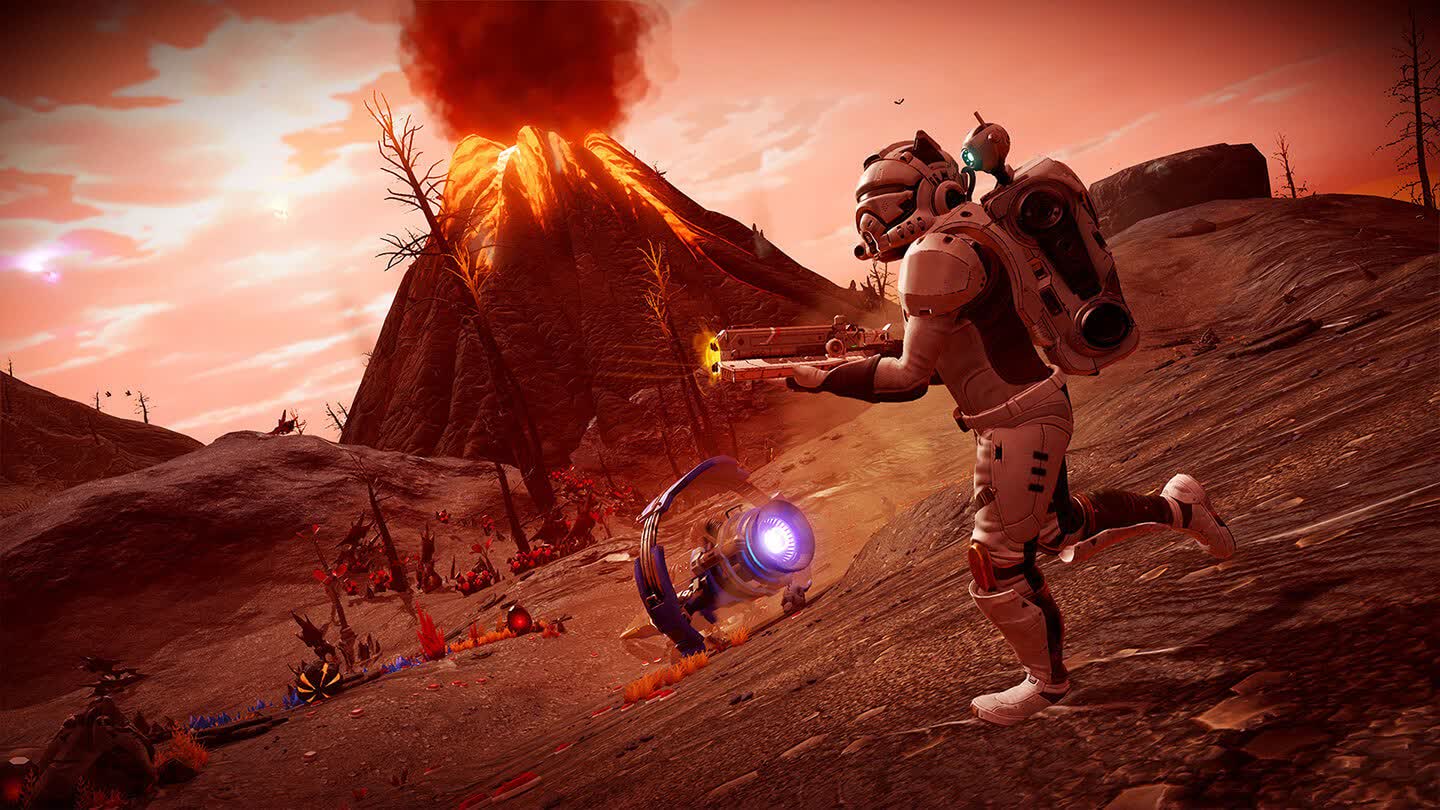
The terrain has been altered---again. Some planets now have enormous mountains. Previously mountains were more like big hills that were never really all that tall. Oceans have been made even more abysmal, as well. Any long-time NMS player will tell you that terrain changes such as those described in the patch notes usually spell disaster for some base builds. The new geography can bury a player's buildings or leave them high in the sky. That reportedly will not happen this time.
"There will be some changes, probably, to that world that you are on, but the fundamentals of your base, your progress---that's safe," Murray promised.
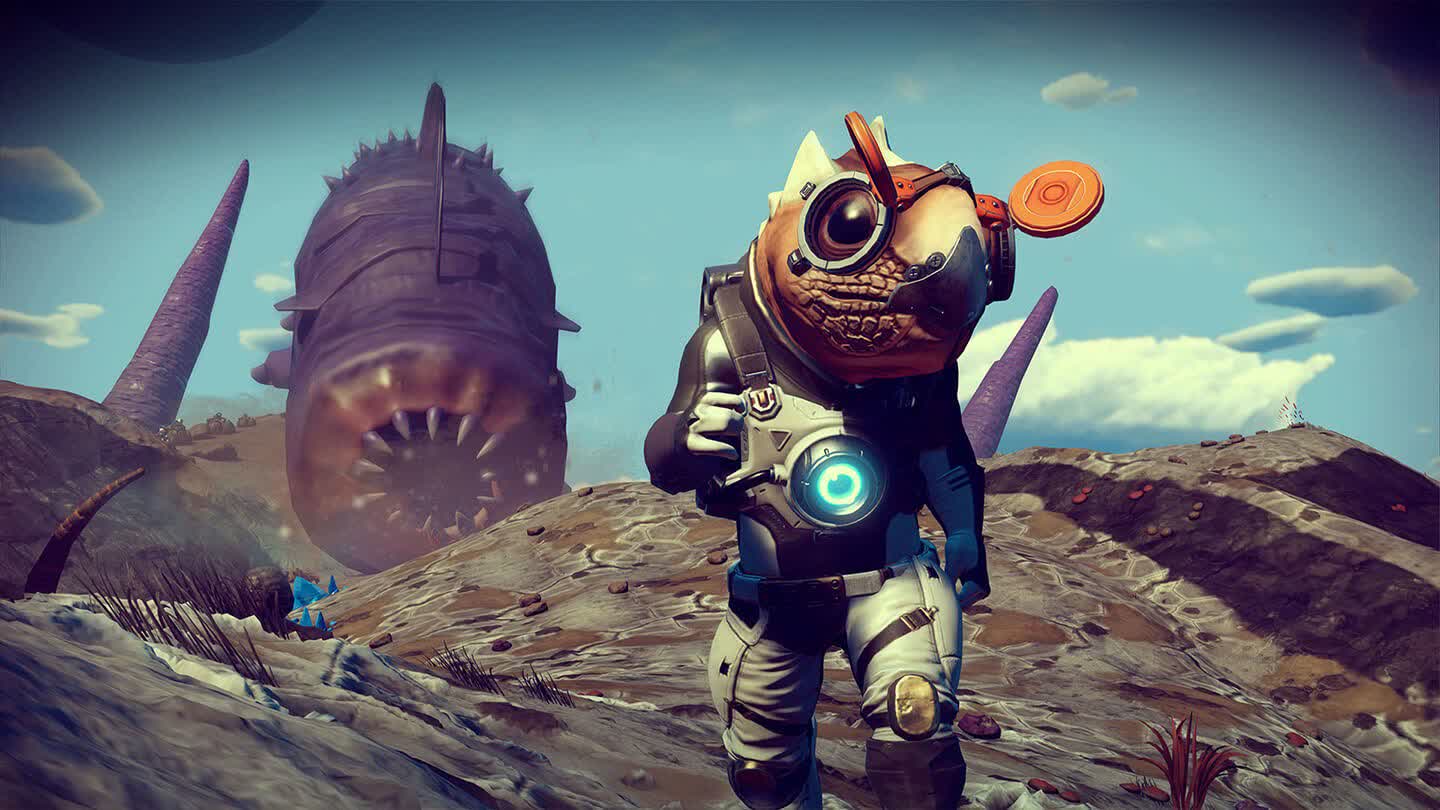
Flora and fauna have been diversified, but the newest creature that has everyone buzzing is the sandworm. Murray said that they had sandworms in a very early iteration of the game, but they were not fun. The team revisited the idea several times over the last four years, but only now feel they have found a way to make them more fun than annoying.
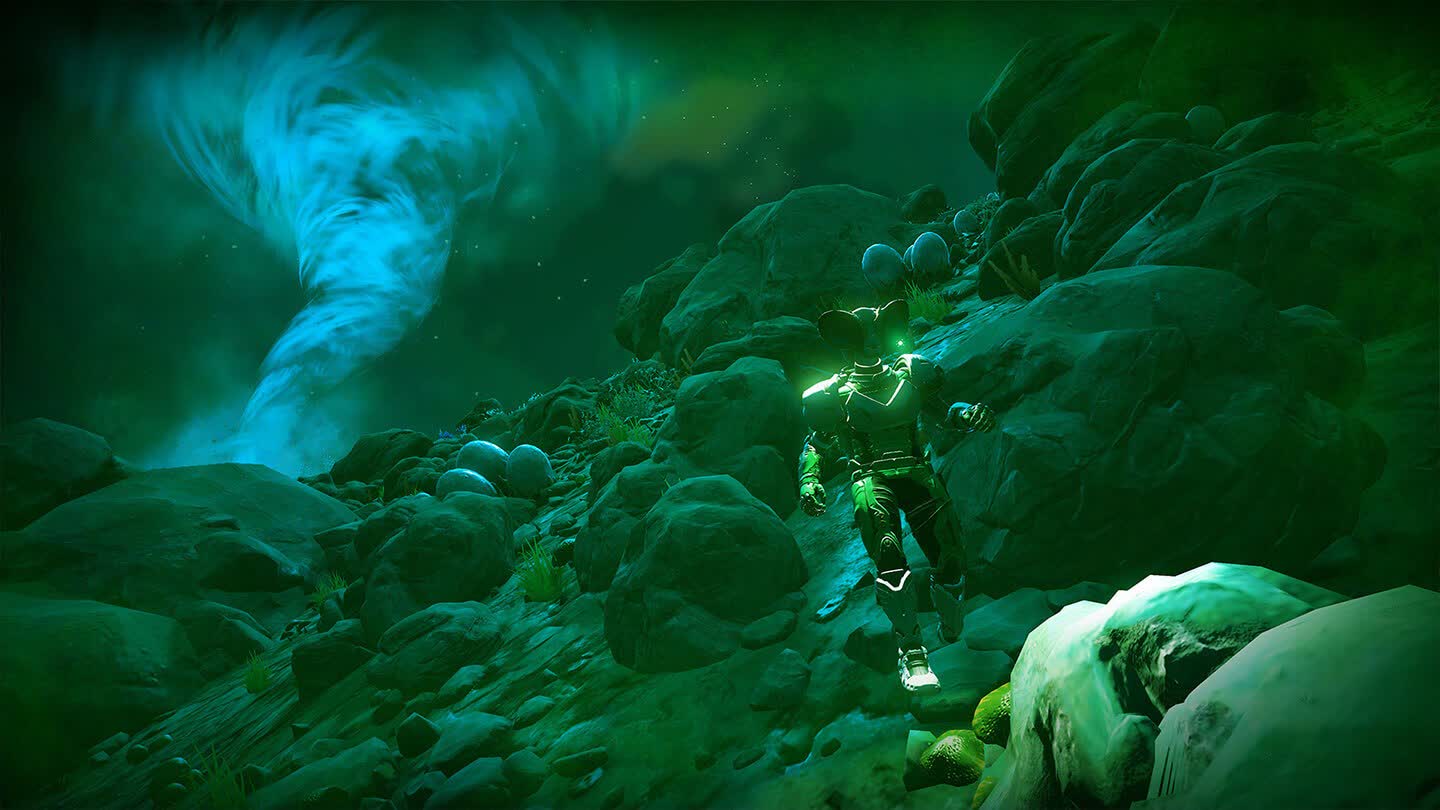
Another very cool change comes with the new weather system. Not only are atmospheric conditions more varied, the dreaded firestorm now lights the environment on fire. Previously, firestorms just created a 451F sauna. Now fire effects have been added (see trailer above starting at 1:15). Fire is brand new to No Man's Sky and can be encountered in the firestorms and likely on and around active volcanoes. Other new weather types include electrical storms with spectacular lightning effects, gravity storms, and tornadoes.
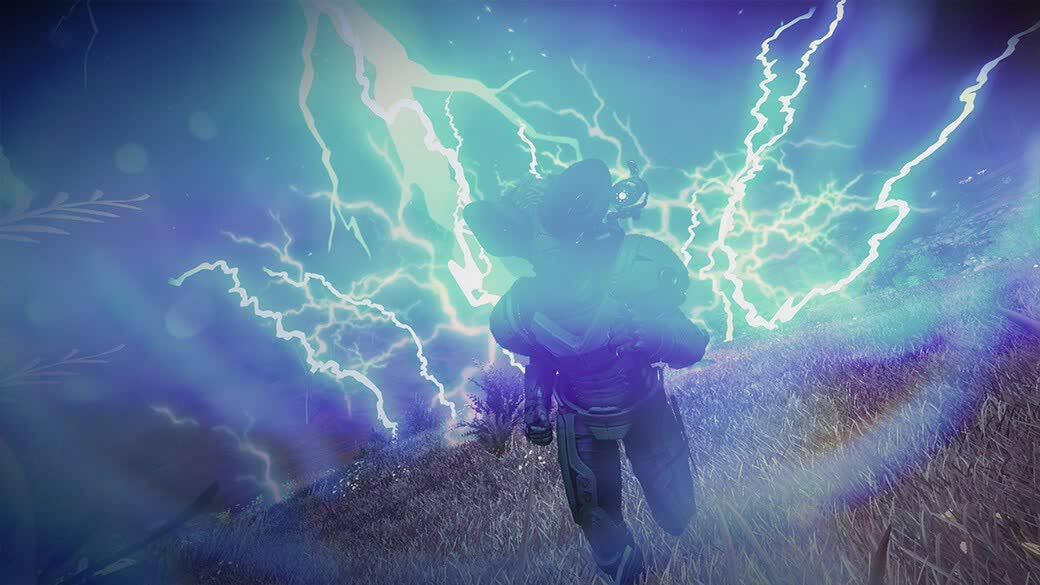
Version 3.0 brings many other changes, including new technologies and quality of life improvements like revamped teleporters, improved UI, and a refreshed photo mode with new filters. Check out the patch notes for a full list of things to expect.
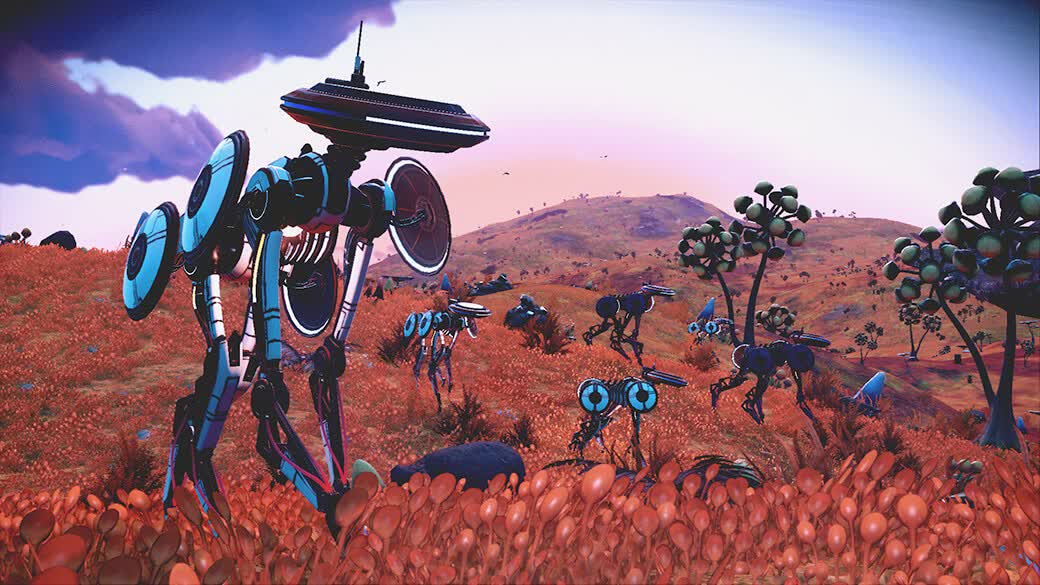
If you haven't played No Man's Sky or quit playing shortly after launch, it really is a vastly improved experience now. It's available on PlayStation 4, Xbox One, and PC, and has cross-play support.
